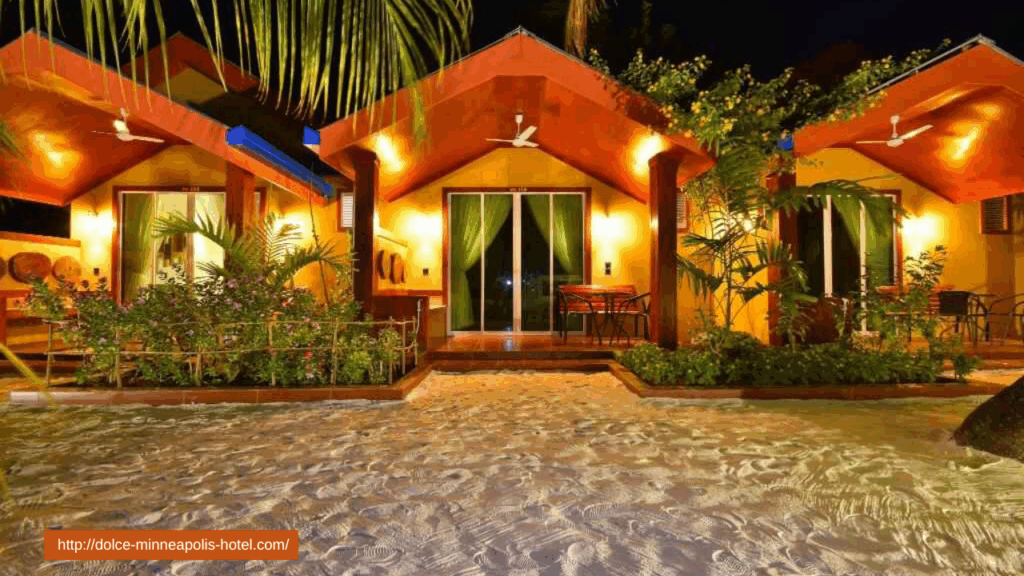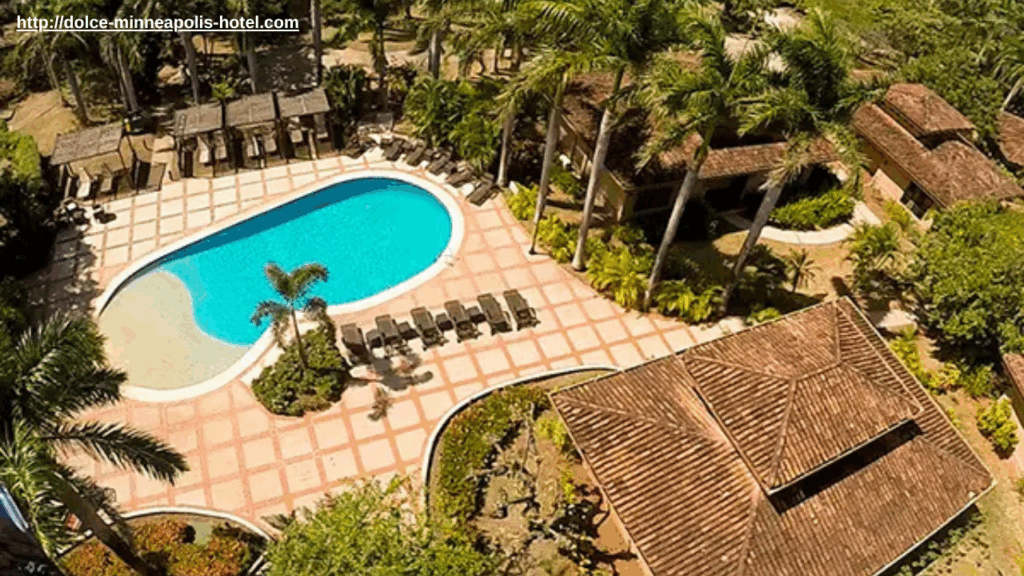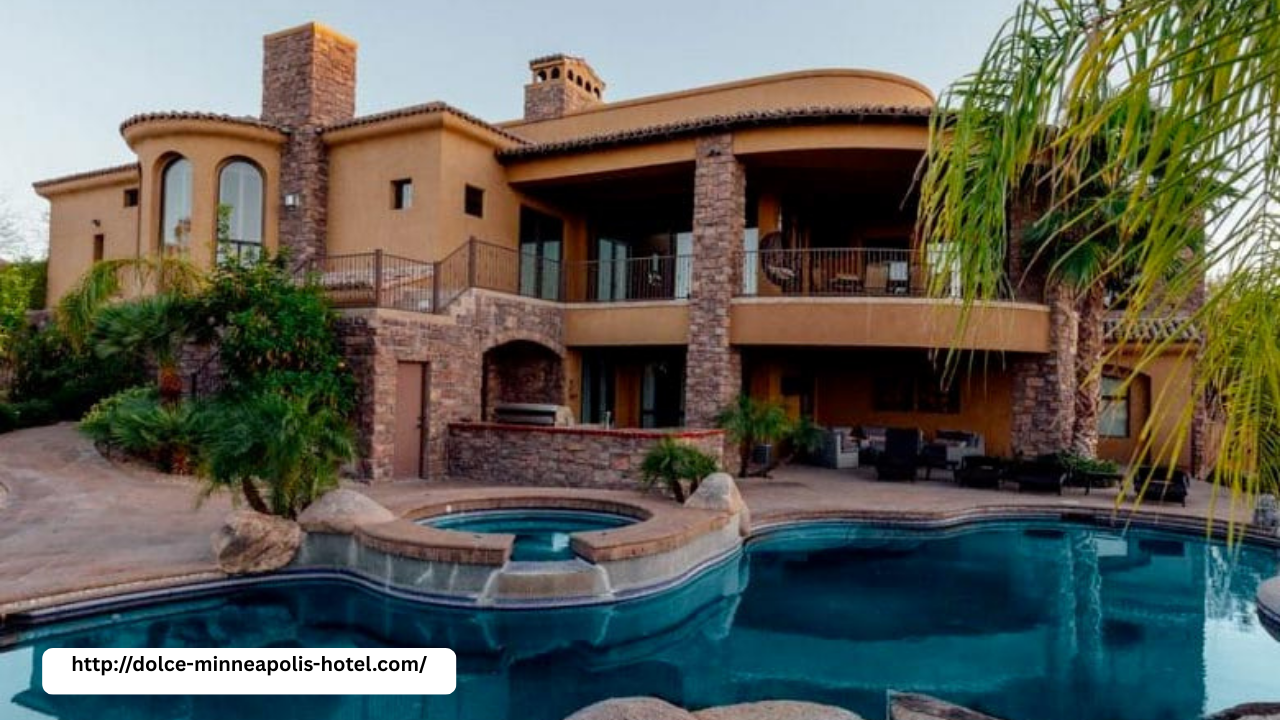
When people picture rehab, they sometimes imagine a retreat filled with massages, pools, and endless relaxation. But the reality of effective addiction treatment is very different. Rehab is not designed to be a spa weekend. It is a structured, challenging, and transformative process focused on breaking the cycle of addiction and building a foundation for lifelong healing. At dolce-minneapolis-hotel.com we understand that real recovery requires more than comfort. It requires commitment, guidance, and hard work.
Why Rehab Is Different From a Spa
Spas provide temporary relief. Rehab provides lasting change. The purpose of treatment is not to escape problems but to confront them directly. While a calm and supportive environment is important, the heart of rehab lies in evidence-based therapies, personal accountability, and learning how to live free from the grip of addiction.
Unlike a spa, where the goal is relaxation, rehab centers on uncovering the root causes of addiction. Whether it is unresolved trauma, depression, anxiety, or stress, treatment is designed to go deep and provide lasting solutions. This work is not always easy, but it is what makes recovery possible.
The Core of Effective Rehab
Structure That Builds Stability
Addiction thrives in chaos. Recovery thrives in consistency. Our programs provide a structured daily routine that includes therapy, support groups, medical care, and holistic practices. This stability is what helps clients replace destructive habits with healthier patterns.
Individualized and Compassionate Care
No two stories of addiction are the same. That is why individualized care is at the center of effective rehab. At Dolce Minneapolis, we design personalized treatment plans that reflect each client’s unique needs, goals, and circumstances. From inpatient care to outpatient programs, clients receive support tailored to where they are in their journey.
Healing the Whole Person
Addiction is not just a physical condition. It affects the mind, emotions, and spirit. True healing requires addressing every part of a person’s life. We integrate holistic therapies, mental health treatment, and faith-based options for those who seek them. This approach empowers clients to rebuild their lives in a balanced and meaningful way.
Facing Challenges With Support
Rehab is not always comfortable. It involves facing painful truths, working through setbacks, and building resilience. But clients do not walk this path alone. Compassionate professionals, peers, and support systems stand alongside each person, ensuring they are never without guidance or encouragement.
The Point of Rehab: Transformation, Not Pampering
A spa weekend ends when the treatments stop. Rehab continues long after the program is complete. The goal is not to provide momentary comfort but to equip individuals with tools, strength, and confidence to live a life of freedom. The hard work of recovery is what makes lasting transformation possible.
Take the First Step Toward Real Healing
If you or someone you love is seeking recovery, remember that rehab is not about indulgence. It is about doing the meaningful work that leads to real change. At Dolce Minneapolis, we provide the structure, compassion, and evidence-based care needed to support that journey. Reach out today to begin the process. True healing starts when you commit to the work, not the illusion of escape.








